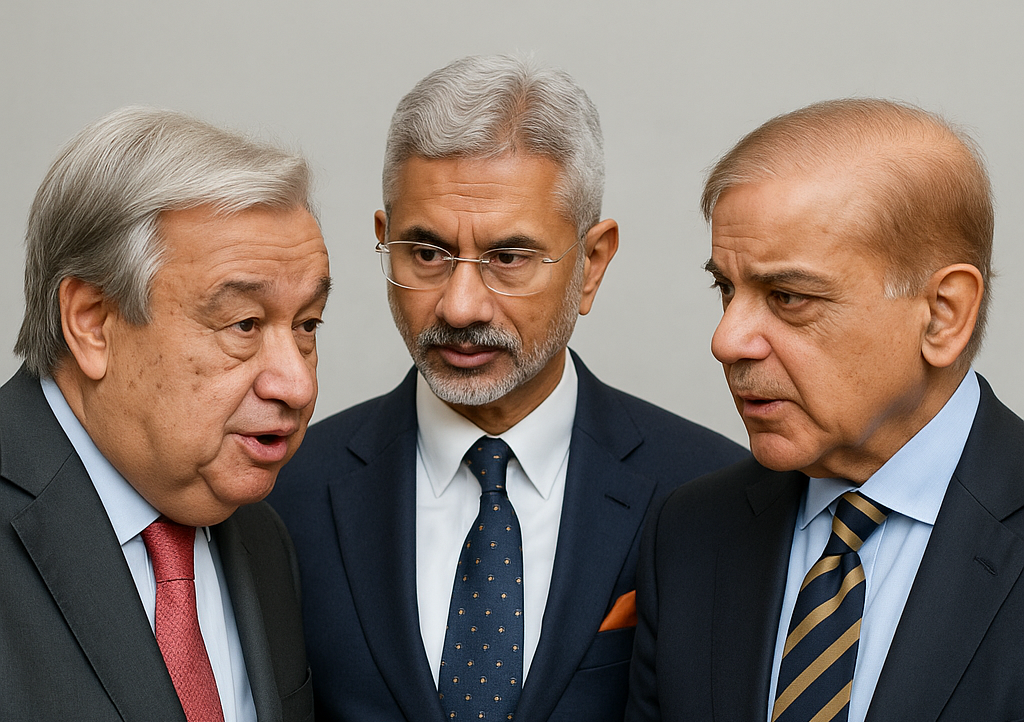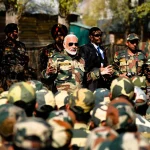In the wake of the horrific terror attack in Pahalgam, Jammu and Kashmir, that claimed 26 lives, tensions between India and Pakistan have escalated sharply. On April 29, 2025, UN Secretary-General Antonio Guterres held separate conversations with Indian External Affairs Minister S. Jaishankar and Pakistani Prime Minister Shehbaz Sharif, urging both sides to de-escalate the situation and avoid confrontation.
Guterres condemned the attack unequivocally and stressed the importance of justice being pursued through lawful means. His spokesperson, Stephane Dujarric, said the UN chief is deeply concerned about rising hostilities and offered his “Good Offices” to support peace efforts.
India has responded to the attack with stringent measures against Pakistan, including suspension of the Indus Water Treaty, expulsion of Pakistani military officials, and closure of the Attari border post. Pakistan, in turn, has warned that any obstruction of its water rights would be seen as an act of war, heightening fears of military escalation.
Indian Prime Minister Narendra Modi has granted full operational freedom to the armed forces to choose the nature and timing of the country’s response. The Resistance Front (TRF), linked to Pakistan-based Lashkar-e-Taiba, has claimed responsibility for the Pahalgam massacre.
As diplomatic and military tensions build, the international community closely watches South Asia, hoping that measured actions prevail over vengeance.













